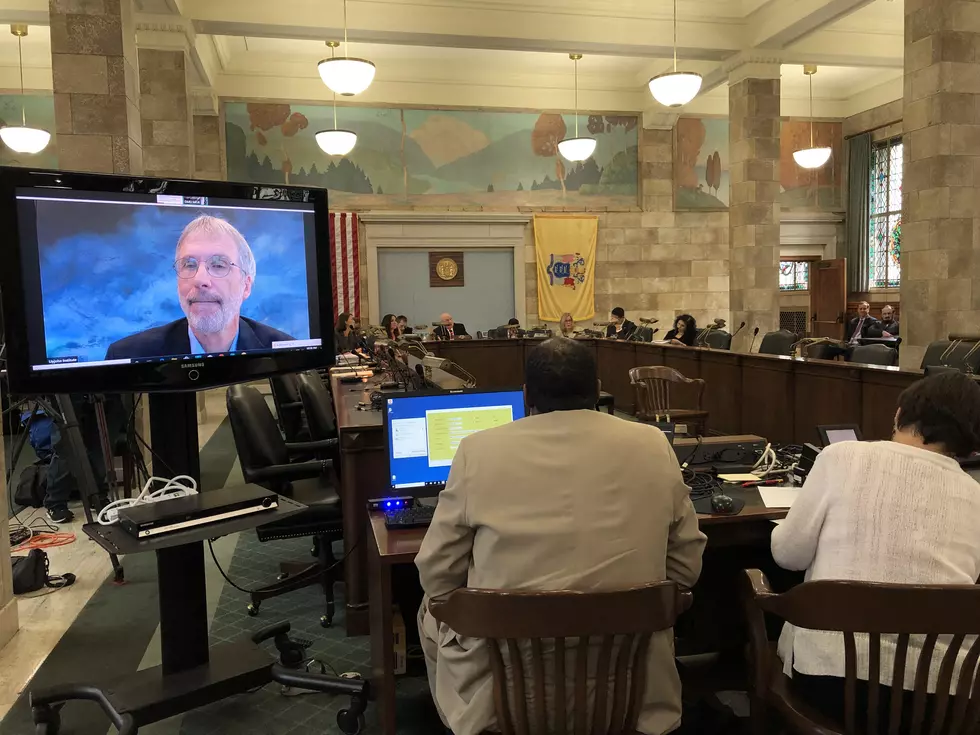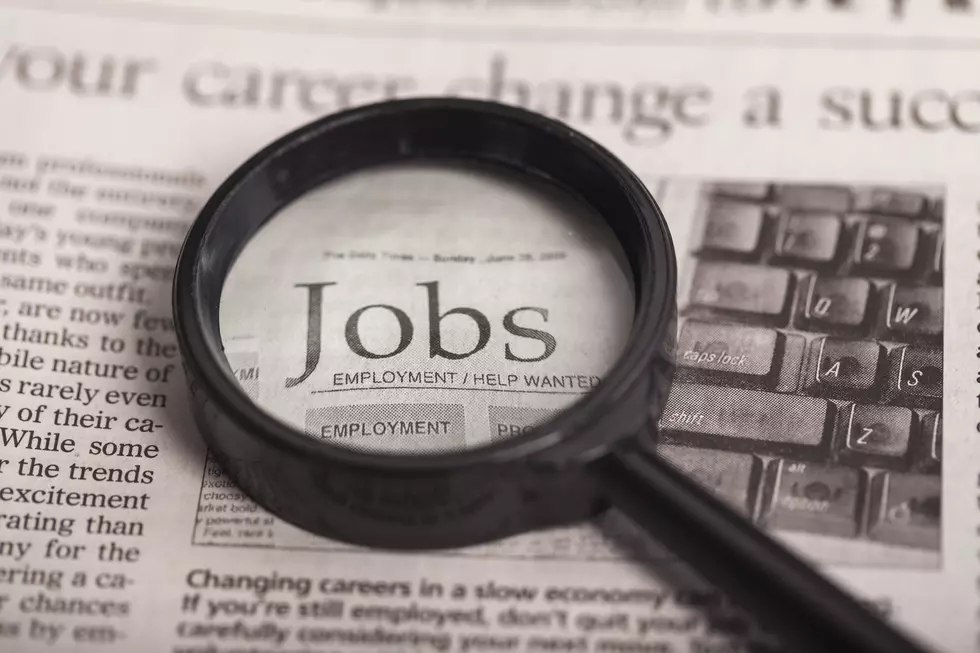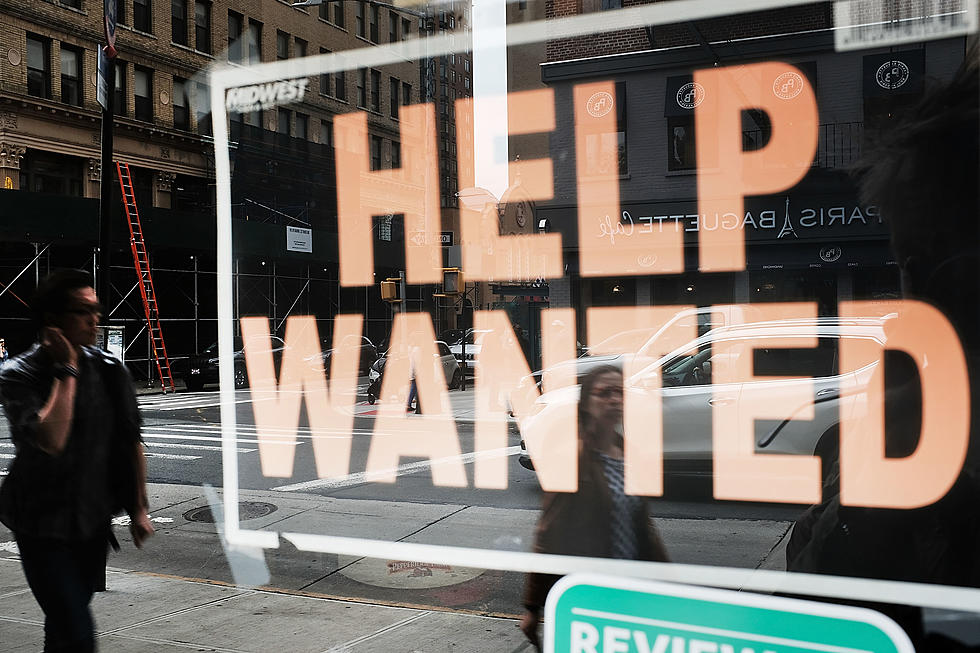
NJ’s corporate tax breaks weren’t effective, experts testify
TRENTON — Lawmakers on a special Senate committee on economic growth strategies heard Thursday from five economists and policy experts who said tax incentives, like the ones New Jersey has doled out at the highest costs per job in the nation, aren’t too effective.
The state is currently without a business tax relocation incentive program, amid gridlock over its future format after $11 billion in promises to companies. Lawmakers were told that could be a good thing.
Jackson Brainerd, a policy specialist for the National Conference of State Legislatures, said there’s no evidence tax incentives have any bearing on economic performance and that they might actually hurt a state’s fiscal health.
“Evidence suggests that if New Jersey continued its current unusual state of not having any economic development incentive programs and spent that money on other public services instead, it might not be any worse off in the long run,” Brainerd said.
Rutgers University professor Michael Lahr, director of the Rutgers Economic Advisory Service, said that might be true economically – but asked if elected officials would really sit back when other states offer tax breaks?
“There’s sometimes politics more involved than economics, right? Sometimes not doing something is politically infeasible,” Lahr said. “From an economic perspective, I think we all, everybody who testified here today, generally agrees. But sometimes economics isn’t everything, as much as we’d like to believe that it is.”
Timothy Bartik, a senior economist at the W.E. Upjohn Institute, said that while tax incentives can make a difference, a lot of times they don’t. He said tax breaks tip the business decision less than 25% of the time but that more than 75% of the time, the same jobs would have been created anyway.
“Now you might say, ‘Why don’t you just provide the incentives when they’re necessary?’ It’s hard to do unless you can employ mind-reading telepaths in your state economic development agency,” Bartik said.
He said short-term incentives are better than long-term ones, excessive incentives like New Jersey’s aren’t cost-effective and customized job training and small-business supports can help. Bartik and others emphasized the role community colleges can play in providing specialized training employers seek.
Joseph Parilla, a fellow at the Brooking Institution, said economic development in New Jersey and across the country needs to evolve from “a transactions game” focused on deals won through incentives to “a conditions game” in which government changes broader economic conditions.
“Only about 2% of the $50 billion in annual local and state economic development incentives spend goes to job training,” Parilla said. “Given the importance of talent to business decisions, this seems misaligned.”
Among the ideas that caught lawmakers’ attention at the hearing was a flexible cap on business tax incentives. Josh Goodman, a senior officer for the Pew Charitable Trusts, said Nebraska now allows its legislature’s executive board to vote to exceed its program’s $125 million annual cap, if desired.
“This approach offers a way for lawmakers to remain firmly in control of spending on incentives with the flexibility to pursue extraordinary economic opportunities,” Goodman said.
Gov. Phil Murphy wants annual caps of $400 million combined on proposed new tax incentives programs. Key lawmakers such as Senate President Steve Sweeney do not. It’s one of the reasons New Jersey’s incentive programs expired 10 weeks ago without a replacement or extension.
New Jersey: Decoded cuts through the cruft and gets to what matters in New Jersey news and politics. Follow on Facebook and Twitter.
Michael Symons is State House bureau chief for New Jersey 101.5 and the editor of New Jersey: Decoded. Follow @NJDecoded on Twitter and Facebook. Contact him at michael.symons@townsquaremedia.com
More From New Jersey 101.5 FM









